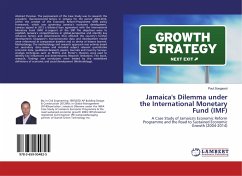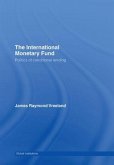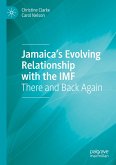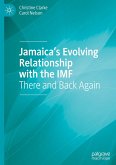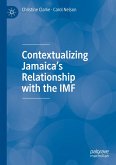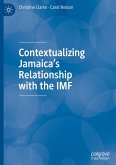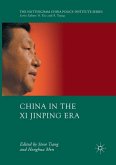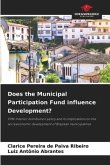Abstract Purpose. The purpose/aim of this Case Study was to research the prevalent macroeconomic factors in Jamaica for the period 2004-2014, within the context of the Economic Reform Programme (ERP) policy framework, which was governing Jamaica's economic development. Jamaica signed in 2012 a bilateral loan agreement with the International Monetary Fund (IMF) in support of the ERP. The objectives were to establish Jamaica's competitiveness in global perspective and identify key influence factors and determinants that affected the country's further development. Singapore's macroeconomic data and development model were referenced as comparative baseline and to derive at lessons learned. Methodology. The methodology and research approach was entirely based on secondary data review and included subject relevant quantitative economic data, qualitative Research papers, Journals and Country Surveys. Analysis techniques such as PESTEL and Porter's theories were used to identify key influencers and determinants. Research limitations. The book, research, findings and conclusions were limited by the established definitions of economic and social development (Methodology).
Bitte wählen Sie Ihr Anliegen aus.
Rechnungen
Retourenschein anfordern
Bestellstatus
Storno

